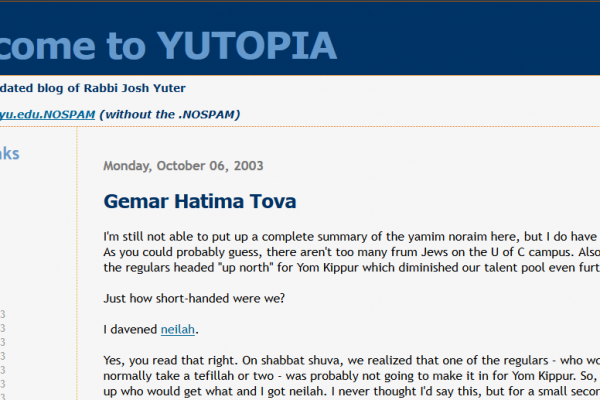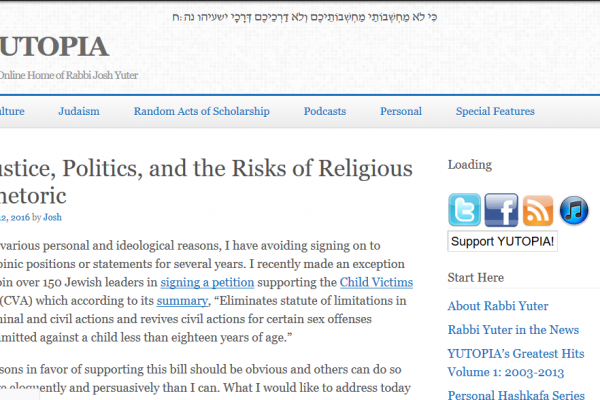“Love the Stranger” – The Ger in Jewish Society

See the Introduction to Sacred Slogans for methodology and goals
Click here for a downloadable PDF source sheet
As debates over US immigration and refugee policy continue, activists have taken to citing the Biblical commandments to love and protect the “ger,” popularly translated as the “stranger,” as the moral basis for their respective positions. Those who do not recognize Biblical authority can dismiss these commandments as easily as they would for anything else in the Bible. But for Jews, or at least those Jews who accept the Bible as representative of divine will, the Biblical commandments to protect the stranger ought to carry religious significance. Jewish activists who invoke the “stranger” in the context of immigration or refugees are thus asserting that the Biblical protections ought to be applied in such cases, and therefore Jews have a religious obligation to support (or oppose) government policies that run counter to God’s commandments.
Setting aside the question of if Jews should demand that civil policies follow Biblical (or Rabbinic) law, Torah has more to say about the relationship between the “stranger” and society than an unconditional obligation to provide support to whoever demands.
Let me state explicitly that I have no desire to debate immigration or refugee policy as these complicated subjects are well beyond my expertise. The specific point I am addressing here is that if it is appropriate to extend the Torah’s model of the “stranger” to immigration and refugees, then we ought to consider more of the Torah’s laws and values to see if such analogies are truly warranted.1






